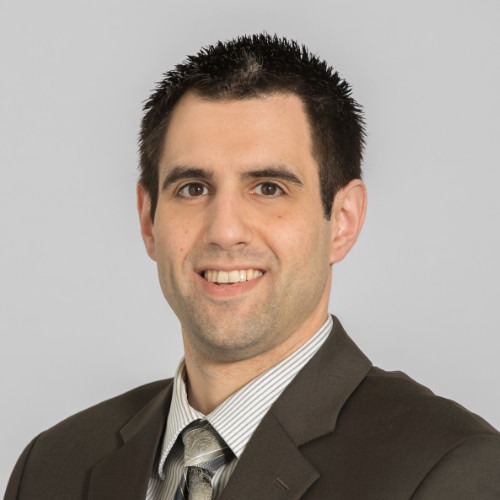Activities’ angst
Editor’s note: Kevin Kolus submits this month’s editorial after intense reader feedback to a blog left him with unanswered questions. Read the original posting and comments at www.iadvanceseniorcare.com/UniversalWorker.
This all started with one person sounding alarms. Kim Grandal, executive director of Re-Creative Resources Inc., has been openly questioning the culture change movement for the past few years — a stance that is turning heads in confusion. Not many would fault the most positive movement in this field of having ill intentions. But do not mistake Grandal, a veteran of long-term care therapeutic recreation; she is arguing neither the benevolence of culture change nor its practicality. Her concern rests with the up-and-coming “universal worker” and the uncertain future it is creating for activity professionals.
In homelike culture change models, the universal worker has basic dietary, nursing, housekeeping, and activity responsibilities. Despite its unflattering “jack of all trades” moniker, the job class in theory creates consistent assignment, meaning residents see the same caregiver every day because that person is doing everything.
“I fear that we will abolish the field of therapeutic activities and recreation in long-term care based on the assumption that uncertified, unqualified individuals can facilitate meaningful activities,” Grandal said in an interview with a fellow Long-Term Living blogger. I ran the quote on our Web site in an April blog, asking readers if they agreed.
The next day I received an e-mail from an administrator, Dr. Timothy Legg, who points out that because of regulations, specifically F-tags 248 (Activities) and 249 (Qualified Activity Professional), universal workers meet federal activities guidelines.
Now I was confused by Grandal’s argument. Universal workers, after all, seem OK by the letter of the law. So I contacted Vicky Surash of the Virginia Association of Activity Professionals. She says that while universal workers may be qualified under federal regulations to deliver activities, that is far and away from being certified. Worse yet, she says, is that the quality of the activities universal workers provide can border on unimaginative tedium: having residents fold clothes, assist with meals, set dinner tables. Yes, this is homelike — but does it serve the residents well? “Chores don’t exactly fulfill all of my needs,” Surash replies bluntly.
But the quality of activities provided by universal workers hasn’t been documented. I don’t even know how many universal workers are employed throughout the country, and neither do Grandal or Surash. What do they really have to fear?
Perhaps it’s a perceived attack on dignity. Grandal and Surash view the universal worker not as a threat to their jobs, but as an insult. To them, the long-term care field has been devaluing their profession for years. Surash says in 2010 alone several accredited activities consultants have been denied opportunities to speak at national conferences. They are offended. But most of all, they worry residents will suffer unintended consequences. “Do we challenge our residents? Do we make their wishes come true? That’s what activity professionals do,” Grandal says.
The onus has always been on providers to ensure residents receive quality care, and that includes stimulating, educational, and personalized activities. Whether or not Grandal’s fears of the universal worker are valid, the field should open up to more collaboration with activity professionals, which is her true plea. After all, the last thing we need is another long-term care turf war.
Long-Term Living 2010 June;59(6):8

Kevin Kolus wrote for I Advance Senior Care / Long-Term Living when he was an editor. He left the brand in 2012. He is now senior communications manager at Cleveland Clinic.
Related Articles
Topics: Articles











